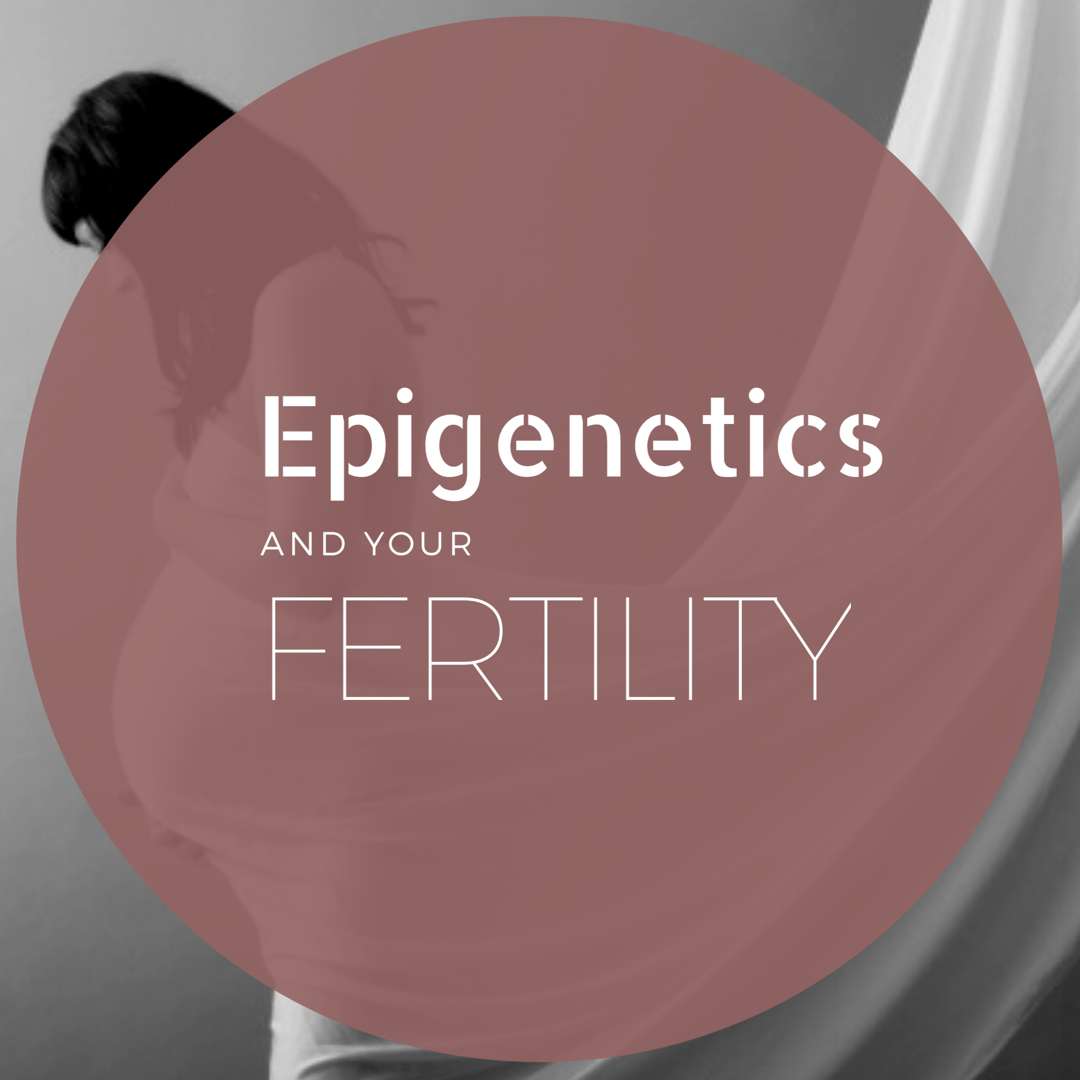NUTRIENTS THAT BOOST FERTILITY
We anxiously wait for monthly visits from Aunt Flo, doubtful (even though there shouldn't be) about our methods of contraception. However, this time it is reversed. After keeping track of ovulation, taking the correct medication, and perhaps countless blood tests, we eagerly wait for our pregnancy test to come back positive.
For some of us, pregnancy and childbirth are the ultimate life goal.
Those of us who struggle with fertility are aware that it is an uphill battle to achieve pregnancy. We try countless methods, procedures to increase the chances of a positive pregnancy test.
A vital factor that we may often overlook is our diet and nutrition. A healthy balanced diet is the basis of good health. Food influences various elements of our health. And since we control what we consume, we have the power to stir our health in the correct direction. For instance, excessive intake of highly refined carbohydrates can result in insulin resistance, which increases the risk of polycystic ovarian syndrome (PCOS), diabetes type 2, and cardiac diseases. For this reason, altering dietary habits plays a crucial role in PCOS treatment. Another example will be the beneficial effects of the Mediterranean diet. Following this diet long-term is known to reduce the risk of cardiac diseases, obesity, cancer, and diabetes.
Does this mean certain nutrients have the power to boost our fertility? Yes, of course! For our ancestors, nutrition was probably the key to fertility(and likely contraception as well). They will probably cook up various concoctions of herbs and plants that require a complex method of consumption. But don't worry, we are not heading towards that indefinite direction. We won't be needing rare ingredients to knock together a pot of medicinal goo. Instead, in this modern era, there are multiple nourishing foods available to us. And to make things even easier, supplements too.
Omega-3 fatty acids
Omega 3s are powerful antioxidants that have anti-inflammatory and anti-cancer effects. They are famously known for preventing heart diseases. But a lesser-known fact about omega 3s is that it prevents ovarian aging and improves the quality of eggs; this will be particularly beneficial for women over 35 looking to conceive. Research also reveals that these antioxidants are also supportive of women undergoing assisted reproductive techniques. Omega 3 rich foods are seafood (salmon, mackerel, oysters, etc.), avocados, spinach, chia seeds, flaxseeds, and many more. Cod liver oil supplements also contain high concentrations of omega 3s, including vitamin D and A.
Vitamin D
This sunshine vitamin is popular for maintaining bone health. But it also promotes female reproductive health. Research shows that vitamin D deficiency is a risk factor for reduced fertility and unfavorable pregnancy outcomes. Vitamin D also plays a vital role in the treatment of menstrual disorders such as PCOS, endometriosis, and uterine fibroids. And the effective
treatment of these disorders will improve ovulation and fertility. Foods abundant in vitamin D are mushrooms, red meat, eggs, fortified food (cereal, yogurt, oatmeal, milk), and oily fish.
Complex carbohydrates
These carbs consist of fruits, vegetables, beans, and whole grains. These carbs contain ample dietary fiber and are slowly digested.
Quinoa is a gluten-free grain that is rich in good quality protein, vitamin B, C, E, and minerals such as magnesium, zinc, iron. This mighty grain contains all the necessary nutrients required for reproductive health, such as folic acid, iron, and vitamin E. Buckwheat is a plant cultivated for its grain-like seeds. This 'undercover' cereal contains d-chiro-inositol, a compound that improves ovulation. Berries are a powerhouse of antioxidants and anti-inflammatory compounds. Dark green leafy vegetables (spinach, kale, arugula) are also known to improve ovulation.
So far we have discussed foods to enjoy, to increase their intake. But that does not mean that we take anything else in excess. Moderation is the focus here. Therefore, reduce alcohol intake, avoid highly refined carbohydrates, sugar, or saturated fats. Try to avoid soy foods as well. These foods contain phytoestrogens, which interferes with the estrogen levels in the body.
There are many elements present to boost fertility. And nutrition is one of the cornerstones. So, ladies, let us evaluate what is on our plates today. Let's initiate dietary changes, plan out our meals, and be mindful of what we consume.
REFERENCES
1) Pilz, S., Zittermann, A., Obeid, R., Hahn, A., Pludowski, P., Trummer, C., Lerchbaum, E., Pérez-López, F. R., Karras, S. N., & März, W. (2018). The Role of Vitamin D in Fertility and during Pregnancy and Lactation: A Review of Clinical Data. International journal of environmental research and public health, 15(10), 2241. https://doi.org/10.3390/ijerph15102241
2) Voulgaris N, Papanastasiou L, Piaditis G, Angelousi A, Kaltsas G, Mastorakos G, Kassi E. Vitamin D and aspects of female fertility. Hormones (Athens). 2017 Jan;16(1):5-21. doi: 10.14310/horm.2002.1715. PMID: 28500824.
3) Nehra D, Le HD, Fallon EM, Carlson SJ, Woods D, White YA, Pan AH, Guo L, Rodig SJ, Tilly JL, Rueda BR, Puder M. Prolonging the female reproductive lifespan and improving egg quality with dietary omega-3 fatty acids. Aging Cell. 2012 Dec;11(6):1046-54. doi: 10.1111/acel.12006. Epub 2012 Oct 19. PMID: 22978268; PMCID: PMC5624332.
4) Chiu YH, Karmon AE, Gaskins AJ, Arvizu M, Williams PL, Souter I, Rueda BR, Hauser R,Chavarro JE; EARTH Study Team. Serum omega-3 fatty acids and treatment outcomes amongwomen undergoing assisted reproduction. Hum Reprod. 2018 Jan 1;33(1):156-165. doi:10.1093/humrep/dex335. PMID: 29136189; PMCID: PMC5850735.





